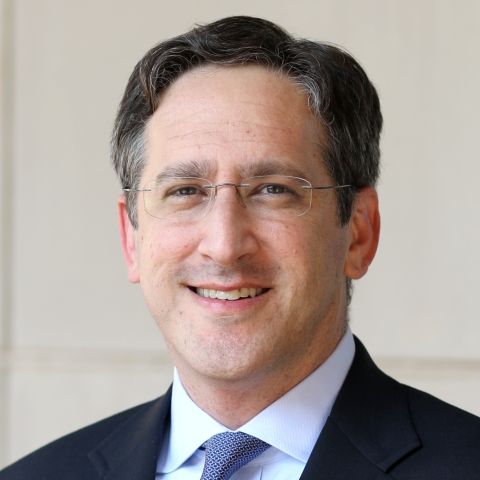
So far, the most interesting and puzzling aspect of Town of Greece v. Galloway is that the Obama administration’s Solicitor General has filed a brief siding with the town, which has a legislative prayer practice that is identifiably Christian. Furthermore, the SG has proposed a test for determining the constitutionality of legislative prayer that aligns with the most permissive approach that circuit judges have developed in previous cases on legislative prayer. What happened?
Understanding and countering this surprising development is important because the Court’s decision in Galloway could conceivably matter in several ways. First, the custom of legislative prayer itself is widespread in national, state, and local governments. All of these will be looking to the Supreme Court for guidance on what is constitutional. Second, the Court’s law on legislative prayer provides the most relevant guidance for a range of religious expressions by government that have not yet been evaluated directly by the Court – customs like opening Supreme Court sessions with the phrase “God save this honorable Court,” inclusion of the phrase “under God” in the Pledge of Allegiance, adoption of the official motto of the United States, “In God We Trust,” and public prayer by military chaplains. Third, the case presents the Court with an opportunity to revisit the legacy of Justice O’Connor, who was especially influential in this area. Her “endorsement test,” which was embraced by the Court during her tenure, prohibits government from sending messages that endorse one or all faiths in a way that disadvantages outsiders and harms their standing as members of the political community. That test, which informed the circuit court’s analysis in Galloway, is vulnerable and could be weakened or explicitly eradicated now that the composition of the Court has changed.